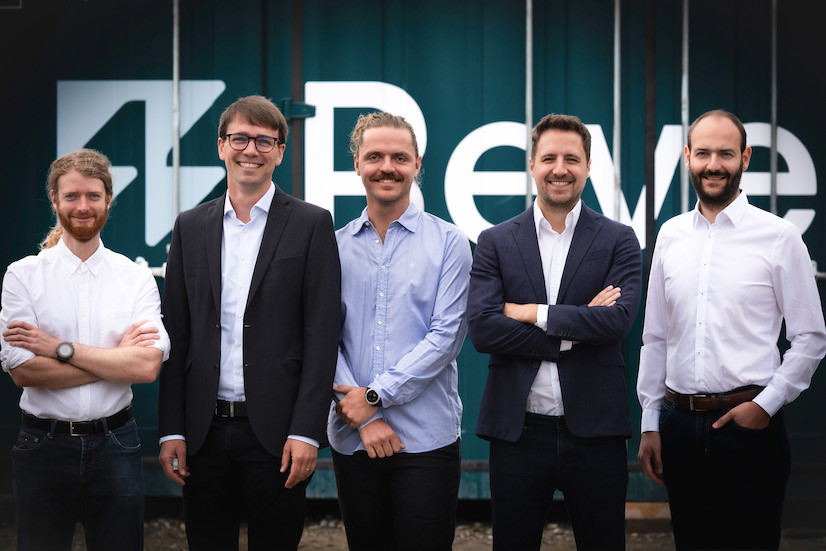Working away on his PhD in Munich only a few years ago, Stephan Herrmann (now a doctor) couldn’t have conceived of a time when his idea for a carbon-negative power plant would attract millions in funding. But now, together with Reverion co-founder Felix Fischer, he has a $100 million backlog of orders for his invention and a fresh $62 million in a Series A funding round.
The concept of the Reverion power plant is simple enough. It uses biogas — basically waste from agriculture such as food or manure — to generate power. However, over the course of his PhD, and latest his real-world tests, Herrmann figured out how to make the plant as much as 80% more efficient than existing biogas power plants. That meant it was producing double the output of conventional gas engines, as well as produce and store renewable natural gas or green hydrogen, making it effectively “reversible”.
Over a call with TechCrunch, Herrmann outlined how he’d done it: “We work with hydrogen fuel cells, and created a new system architecture around those. And the process design is very different to normal biogas power plants.”
That difference in architecture and process design, he says, helps his plant eliminate losses in the system and raise the efficiency: “It becomes carbon negative, because we have integrated CO2 separation. The unit itself doesn’t produce gases like an engine, other than a CO2 stream that can be liquified and made transportable. That liquified CO2 can then be transported to any other industry, such as the chemicals industry, or it can sequestered,” explained Herrmann.
Reverion raised the Series A from investors led by Energy Impact Partners (EIP), with participation from Honda and the European Innovation Council Fund (EIC Fund).
This funding will mean Reverion can now begin industrial scale production of its power plants.
“What Reverion has accomplished is nothing short of exceptional,” said Ashwin Shashindranath, Partner at Energy Impact Partners, in a statement. “It exemplifies the market traction we look for in emerging climate tech companies,” he added.
Reverion’s orders come mainly from farmers, and industrial plants. Farmers are attracted to the technology for its ability to double the output of existing biogas plants while creating new revenue streams from the liquified CO2. For industrial customers, Reverion’s units are optimized for integration into thermal and chemical processes, thus providing both heat and various gases for on-site use.
Herrmann says farmers with biogas plants often struggle with environmental regulations around existing biogas power plants, but he says because of Reverion’s ultra-low environmental impact, they can pass through regulators much more easily.
With all that said, Reverion does have competition, largely in the shape of Bloom Energy in the U.S. The difference with Bloom energy is that its main innovation is the system architecture, and does carbon capture.
“We compete against other; similar engines, but the technology is quite different. Ours directly removes carbon from the atmosphere, replaces fossil-fuel power plants, uses renewable gases for excess power. All that has a huge potential for positive environmental impact.”
“Also when our unit runs in reverse, it uses excess power to make green hydrogen. That can replace ‘grey’ hydrogen from fossil sources,” he added.
Existing investors Extantia Capital, UVC Partners, Green Generation Fund, Doral Energy-Tech Ventures, and Possible Ventures also joined the round.
Source : Techcrunch






